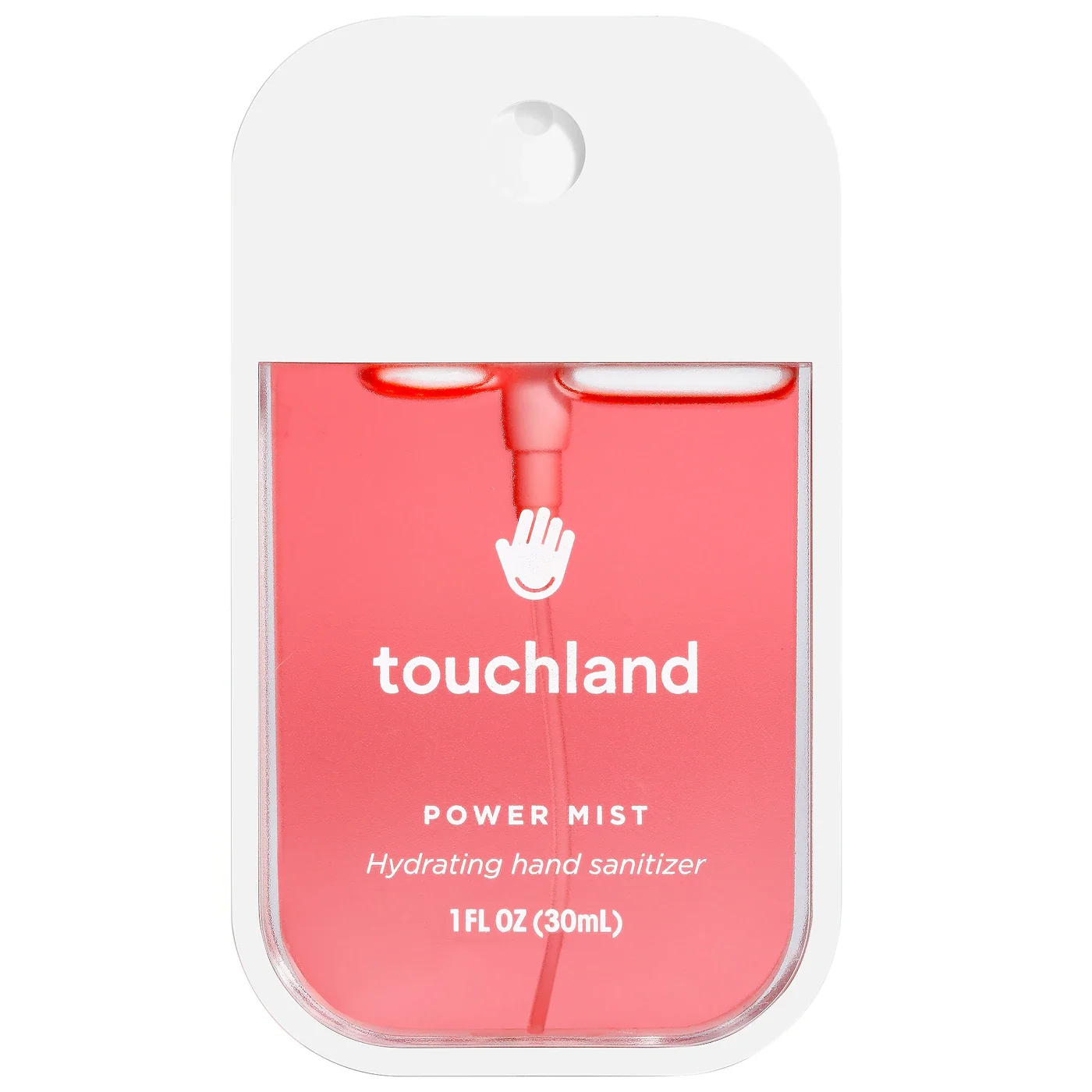
I remember my grandmother Katie working in the home of wealthy white families. She kept their children, cleaned their houses, washed and pressed their clothes, cooked their food, and managed the home. She took great pride in her work, and she maintained a deep commitment to the families she worked for. It was grueling labor full of physical and emotional tolls. As a young girl, I sometimes witnessed her on the job. She would bring me along with her when she could not find childcare. Even at my young age, I saw how all-encompassing the work was and sometimes how unappreciative the families were despite how much grandma Katie was providing for them. To that point, I now see how her profession also pulled her away from opportunities to provide further care and support to her own children, grandchildren, and family. While of course, this work was necessary to earn a living, it came at a great cost.
They call this invisible work. They call the professionals who choose this work “the help.” But there’s not much that’s invisible about the grueling tasks and the long hours domestic workers put in to pay their bills and keep food on the table. And the phrase “the help” is not only rooted in racism and inhumanity, it’s wholly inaccurate of how this work should be valued in the U.S.
Domestic workers aren’t assisting their employers and the families they care for— they’re holding up the whole damn economy.
As a new member of The Real Housewives of New York City, it’s common to see domestic worker professionals employed in cast members’ homes. I imagine these professionals, much like my grandmother, take pride in the care they deliver to families. In fact, per my direct conversations with several of these domestic worker professionals, I know this to be true. Many of them own their care businesses and employ other domestic workers. So when a castmate referred to someone on her staff as “The Help” during an early episode, the sting was personal. It was a reminder of the hurtful origins of this labor— work that can be directly linked to U.S. slavery. Even further, it was a wake-up call that in 2021, domestic workers are still fighting to be valued and recognized as professionals despite the workforce being one of the sole reasons our economy is afloat. After a raging pandemic, it should be even clearer that their roles are critical and essential to the survival of American families.
Domestic workers — house cleaners, nannies, and home care workers — do the work that makes a lot of other work possible. And still, the racist history of domestic work, a lack of current workplace protections, and a handful of Republican Senators who refuse to recognize care work as the necessary infrastructure to move our economy toward recovery continue to undermine and undervalue the women, mostly Black and brown, who take pride in this profession. Women like my grandmother.
Most intimately, this undervaluing happens right in their employers’ homes. Unlike many jobs, the nature of domestic work means that they are directly in individual homes, where it’s harder to enforce protections and regulate safety protocols. In fact, 57,000 to 160,000 Black women work in private homes or for agencies as domestic workers, according to the National Domestic Workers Alliance’s organizing campaign, We Dream in Black. That means they are subject to physical abuse, sexual abuse, pay inequity, and a basic disregard for their humanity in many situations. And because the domestic work industry was built on the exploitation of Black women — who were forced to provide care services for white households while they were enslaved, and then who held most of the care jobs after emancipation — this work is excluded from the basic protections guaranteed by American labor laws and government policies.
It’s time to shift hearts and minds. Care in Action is one such organization engaged in that fight. As the policy and advocacy home for the 2.5 million domestic workers in the United States, Care in Action works to ensure Black, brown, and immigrant domestic workers aren’t disadvantaged in government policy, workplace protections, and in their employers’ homes. They understand the sheer power of the domestic worker labor force— economists predict that by 2030, caregiving jobs will represent the fastest-growing workforce in the American economy, and research shows that the United States will need to fill 4.4 million home care job openings from 2019-2029. This workforce has the organizing power to make real change in American politics.







It’s working— in May, the Biden Administration pledged $400 billion to care infrastructure in his Build Back Better jobs plan, which would include universal access to paid family leave, affordable and quality child care, and caregiving options for people with disabilities and aging adults. Investing in our nation’s care economy will create jobs and boost economic recovery for millions of American caregivers and families. And we have the domestic worker movement to thank for making that happen.
Now, we need Congress to act. It’s time to deliver a reconciliation package with investments in home and community-based care services carried out by domestic workers. And, it’s finally time we change the narrative around this critical profession to ensure they are paid a livable wage, receive paid leave just the same as other American workers, and are recognized for their contributions to building and sustaining this country.
This is personal to me and it should be personal to you. Ensuring the well-being of our domestic worker professionals is not only the right thing to do; it’s required for each of us to fulfill our greatest level of humanity. What I know for sure is that many of the deepest lessons of love, integrity, and work ethic that have served me during my careers as an attorney and journalist come directly from my dearest grandma Katie. There is no greater example of the inextricable link between the complete support of domestic workers and our nation’s future than the legacy of my grandmother. It’s my honor to pass her teachings forward to the next generation.






